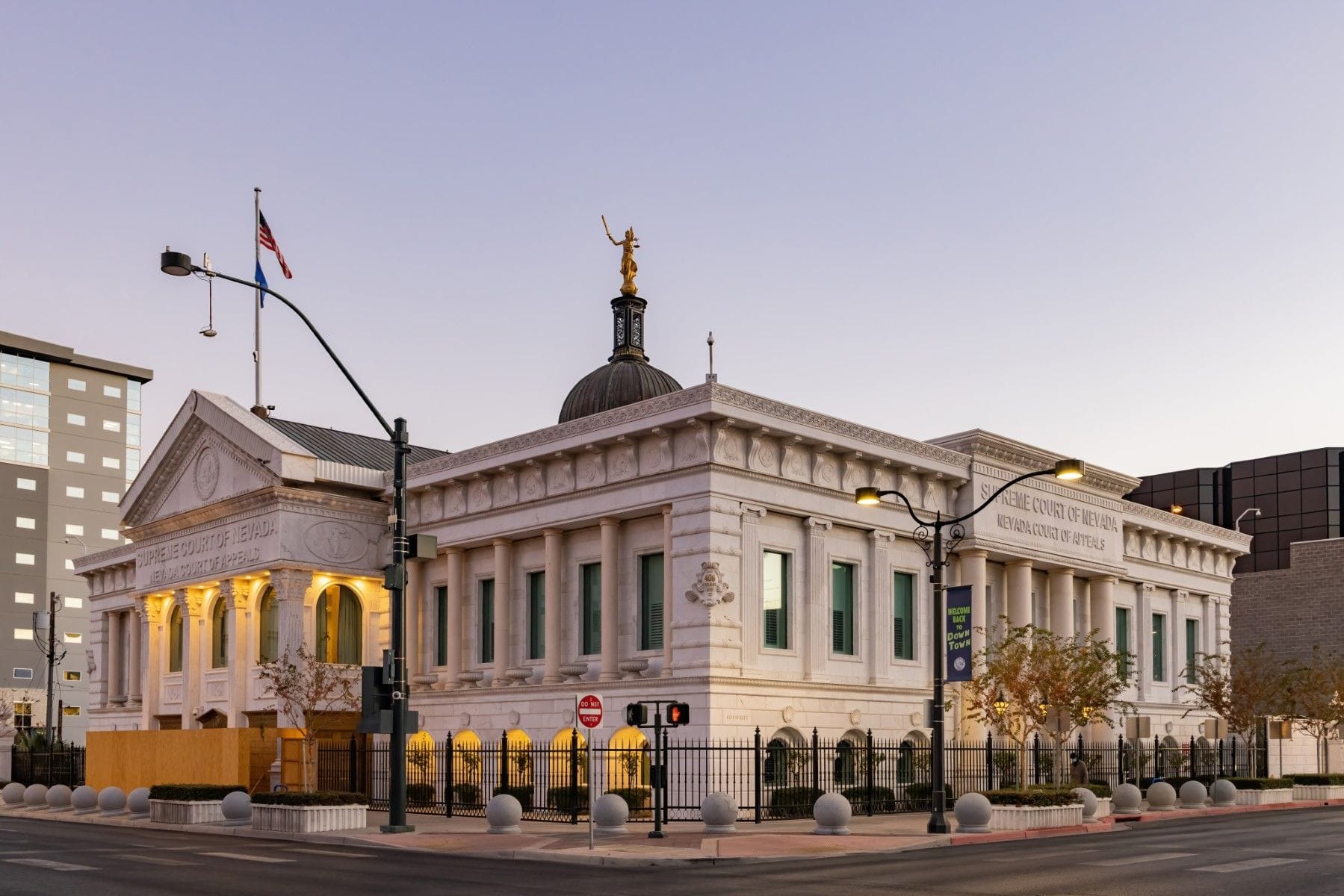Nevada Expert Witness Admissibility Rules
Nevada's expert witness admissibility hinges on specific standards ensuring testimony is relevant, reliable, and scientifically valid for legal proceedings.
Updated on
In this article
Overview of Expert Witness Admissibility in Nevada
In the legal landscape of Nevada, the admissibility of expert witness testimony plays a crucial role in both civil and criminal proceedings. Expert witnesses provide specialized knowledge that assists the court in understanding complex issues beyond the grasp of laypersons. The admissibility of such testimony is governed by specific rules and standards that ensure the expert's findings are relevant, reliable, and scientifically valid.
Is Nevada a Daubert or Frye State?
Nevada does not adhere strictly to either the Daubert or Frye standards for the admissibility of expert witness testimony. Instead, it follows its own statutory framework outlined in Nevada Revised Statutes (NRS) § 50.275. This statute permits expert testimony if it assists the trier of fact in understanding the evidence or determining a fact in issue, provided the expert is qualified by special knowledge, skill, experience, training, or education.
In the 2010 case Higgs v. State, the Nevada Supreme Court reaffirmed that NRS § 50.275 governs the admissibility of expert testimony in the state. The court declined to adopt the federal Daubert standard, emphasizing that while Daubert may serve as persuasive authority, it is not binding in Nevada. The court highlighted that trial judges have broad discretion to assess the reliability and relevance of expert evidence on a case-by-case basis within the parameters of NRS § 50.275.
Therefore, Nevada maintains its own standard for expert testimony, focusing on the qualifications of the expert and the relevance of their testimony, rather than strictly adhering to the Daubert or Frye standards.
Understanding Nevada Rule of Evidence 50.275
Nevada Rule of Evidence (NRS) 50.275 mirrors the federal Rule 702, outlining the framework for admitting expert testimony. Under this rule, an expert may testify if:
- The testimony is based on sufficient facts or data.
- The testimony is the product of reliable principles and methods.
- The witness has applied the principles and methods reliably to the facts of the case.
This rule ensures that the expert's opinion is not only relevant but also grounded in a scientifically sound methodology. The rule mandates that the expert's qualifications, the reliability of their methods, and the applicability of their testimony to the facts are rigorously scrutinized.
Factors Courts Consider When Admitting Expert Testimony in Nevada
When determining the admissibility of expert testimony, Nevada courts consider several critical factors:
- Qualifications of the Expert: Courts examine the expert's education, training, and experience to ensure they are adequately qualified within the relevant field.
- Relevance and Reliability: The testimony must be directly relevant to an issue in the case and based on reliable methodologies.
- Methodology: The court evaluates whether the expert's methods are generally accepted in the scientific community and whether they have been subject to peer review and publication.
- Error Rate: Consideration is given to the known or potential error rate of the methods used.
- Standards and Controls: Courts assess whether the methods have established standards and controls to maintain consistency and reliability.
Common Challenges to Expert Admissibility in Nevada
Attorneys often challenge expert testimony on several grounds, aiming to exclude unreliable or irrelevant opinions:
- Lack of Qualifications: Challenging the expert's credentials or experience in the specific field.
- Methodological Flaws: Attacking the reliability of the methods used by the expert, including questioning the scientific validity or acceptance of the methods.
- Speculation: Arguing that the expert's opinion is speculative rather than based on concrete data or research.
- Relevance: Asserting that the testimony does not pertain directly to any material fact in the case.
Such challenges necessitate a detailed understanding of both the legal standards and the scientific principles at play.
Practical Tips for Attorneys Handling Expert Witnesses in Nevada
For attorneys navigating the complexities of expert witness admissibility in Nevada, several strategies can enhance the effectiveness of their case:
- Thorough Vetting: Conduct comprehensive background checks on potential experts to verify their credentials and expertise.
- Pre-emptive Preparation: Anticipate possible challenges by ensuring the expert's methodology is sound and defensible, and prepare them to articulate their methods clearly.
- Mock Trials: Utilize mock trials to simulate courtroom conditions and prepare the expert for cross-examination, focusing on potential weaknesses in their testimony.
- Collaboration: Work closely with the expert to ensure their testimony aligns with the legal strategy and is presented in a manner that is both comprehensible and compelling to the court.
By adhering to these practices, attorneys can bolster the credibility and admissibility of their expert witnesses, ultimately strengthening their case's foundation.


